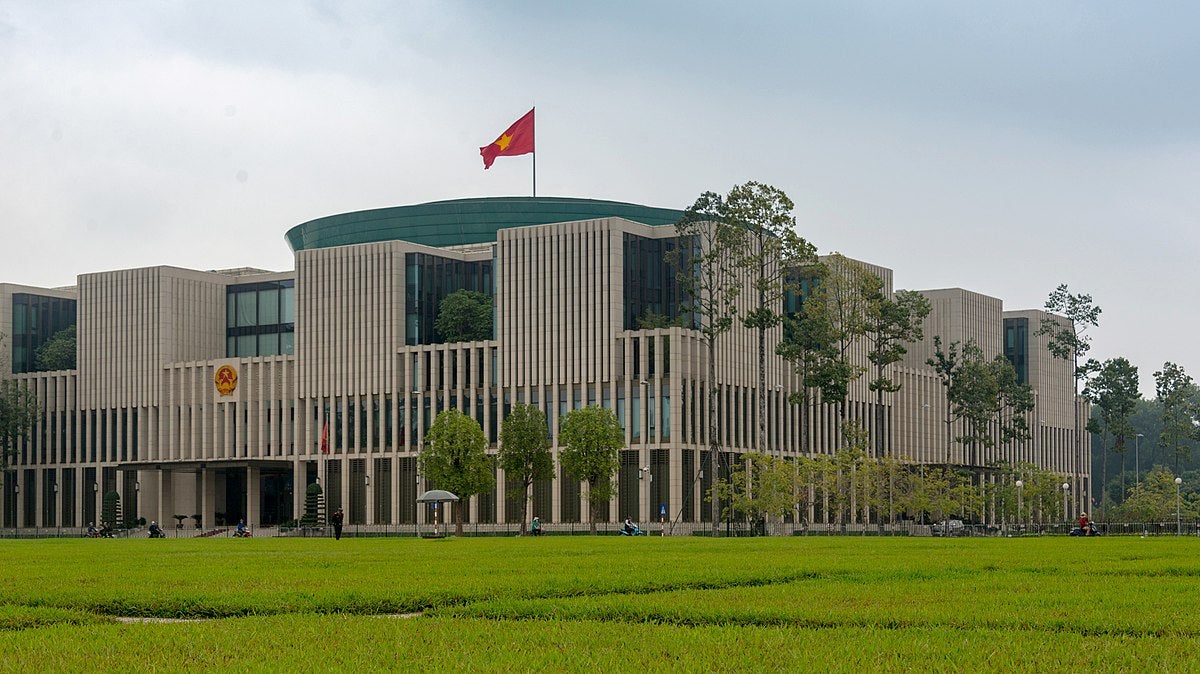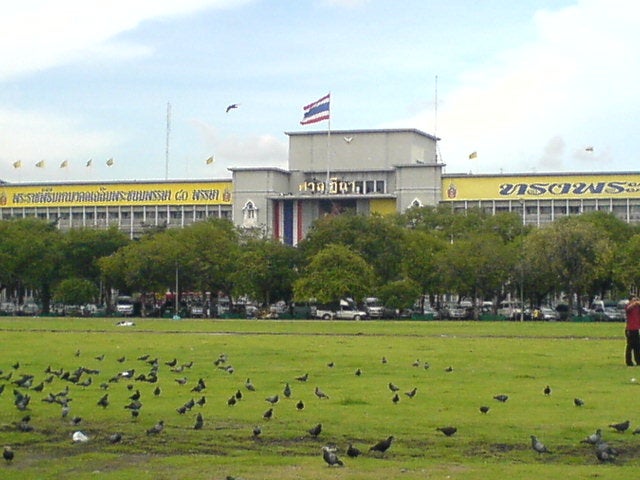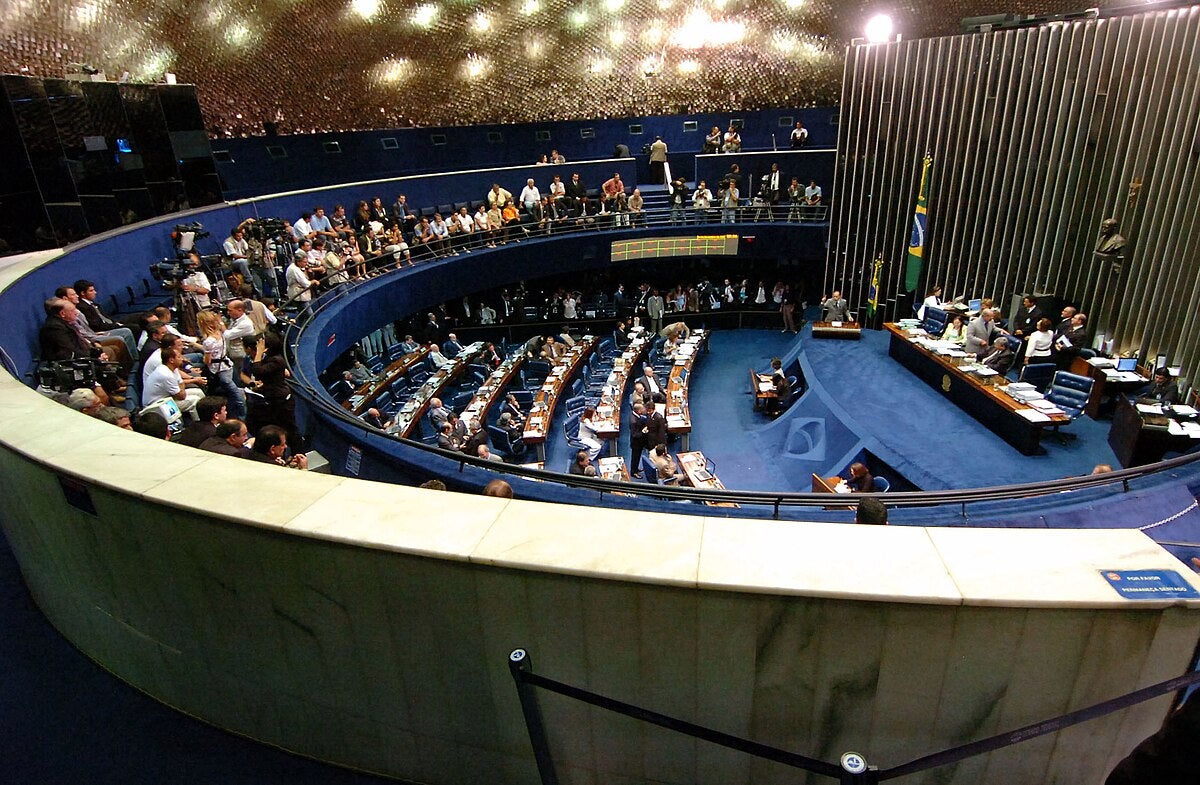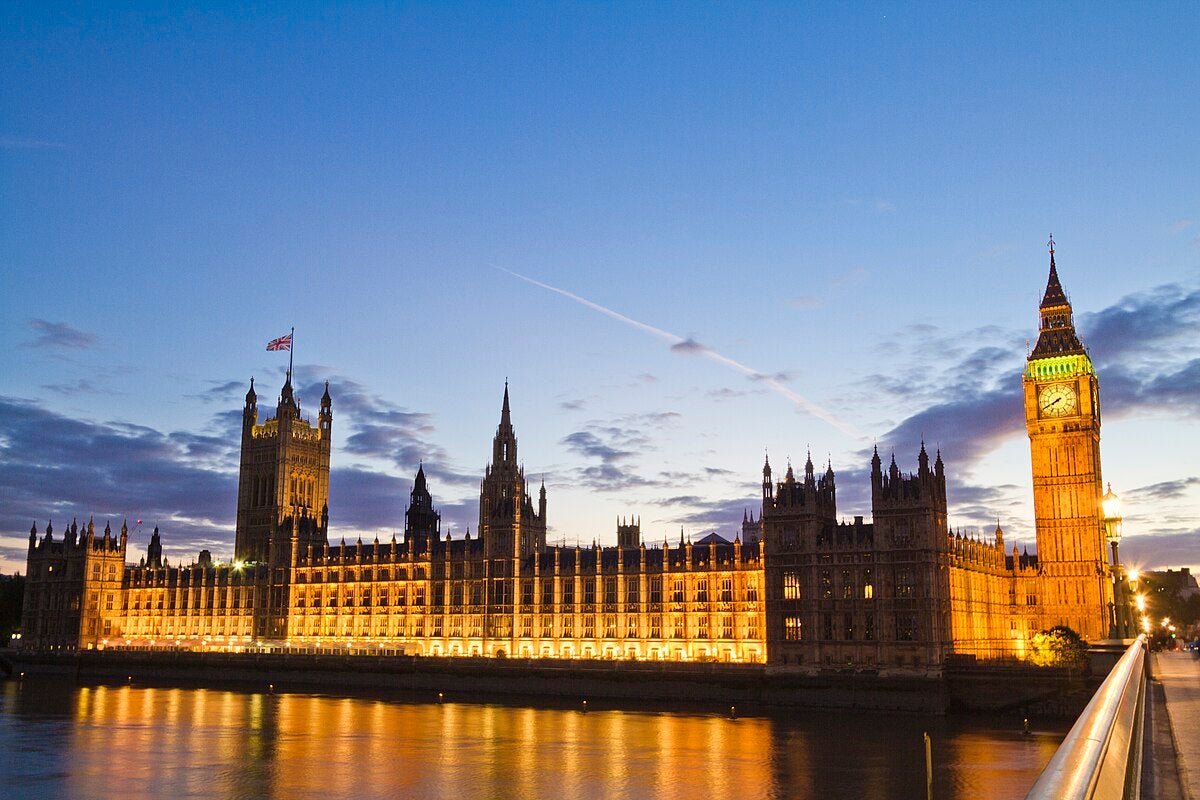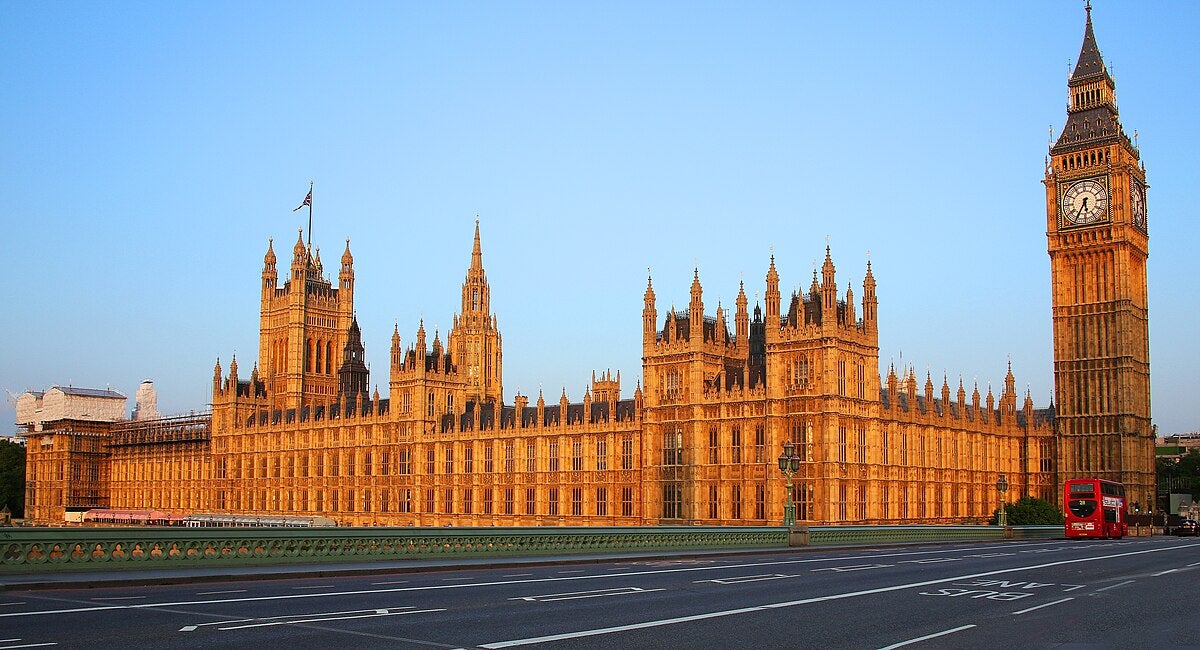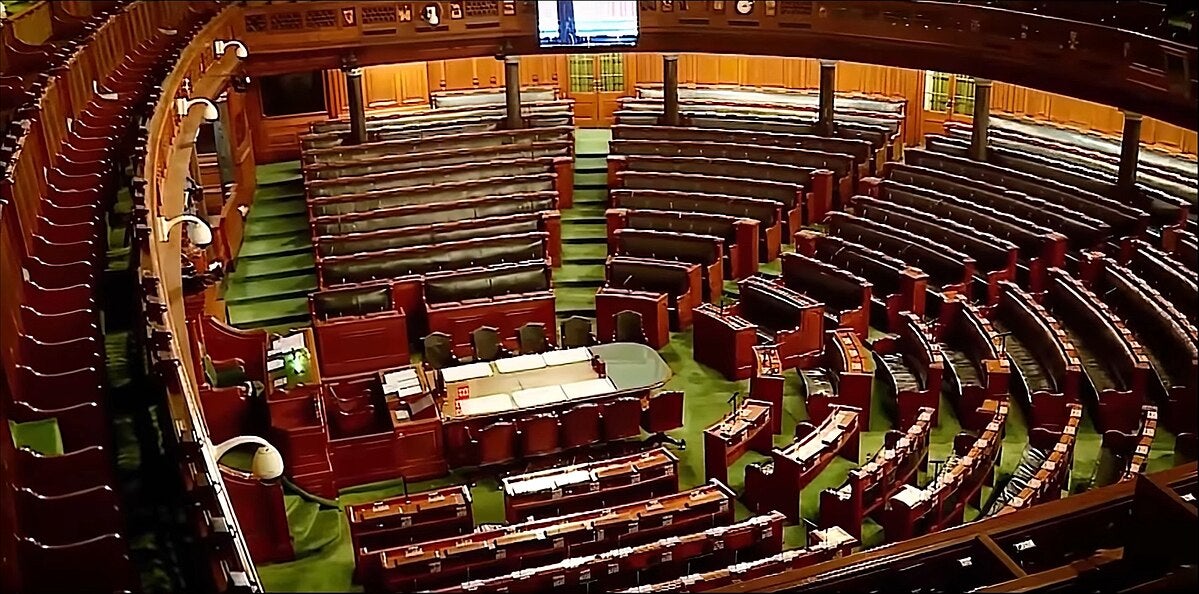Balancing Profit and Protection
PAGCOR has unveiled strict guidelines permitting only approved responsible gambling campaigns in public spaces, marking a shift towards ethical marketing. Chairman Tengco emphasized that the policy targets shielding impressionable demographics from gambling risks, particularly adolescents exposed to constant promotions.
The ad purge is a response to mounting pressure from a coalition of critics, including religious leaders, legislators, and medical professionals. These factions argue that omnipresent ads on transit systems and billboards have dangerously normalized gambling, resulting in surging addiction rates and household debt among 18-35-year-olds.
Tengco acknowledged PAGCOR’s duty to generate billions in revenue annually while curbing social harm. He confirmed that all future campaigns must feature addiction hotlines and preventive messages.
Advancing Regulatory Framework
PAGCOR now requires operators to submit detailed audits of all active gambling advertisements by July 16, including specific dimensions, materials, and permit validation by the Ad Standards Council (ASC). Non-compliant companies face sanctions for keeping ads or making replacements without approval.
The crackdown extends beyond physical spaces, with plans to standardize ad policies on TV, digital platforms, and outdoor media. Some targets include gambling promotions through e-wallets and ride-hailing apps, which are now flagged as high-risk platforms. PAGCOR confirmed ongoing efforts to track the integration of digital payment systems with online betting platforms, signaling broader oversight in gambling accessibility.
Positive Reception
PAGCOR’s ad crackdown has gained momentum with legislative and political members. Senator JV Ejercito hailed the policy as a “public health imperative” crucial for safeguarding adolescents from gambling’s societal decay. The lawmaker, a longtime supporter of online gambling controls, framed the ad purge as foundational to broader regulatory reforms.
Ejercito’s endorsement aligns with pending legislative measures targeting online gambling’s financial infrastructure. Proposed bills include a 10% gross revenue tax on operators, e-wallet restrictions on the platforms, and higher minimum bets to deter casual participation. While some factions push for outright prohibition, PAGCOR maintains that regulation would ease oversight and stifle the underground market.




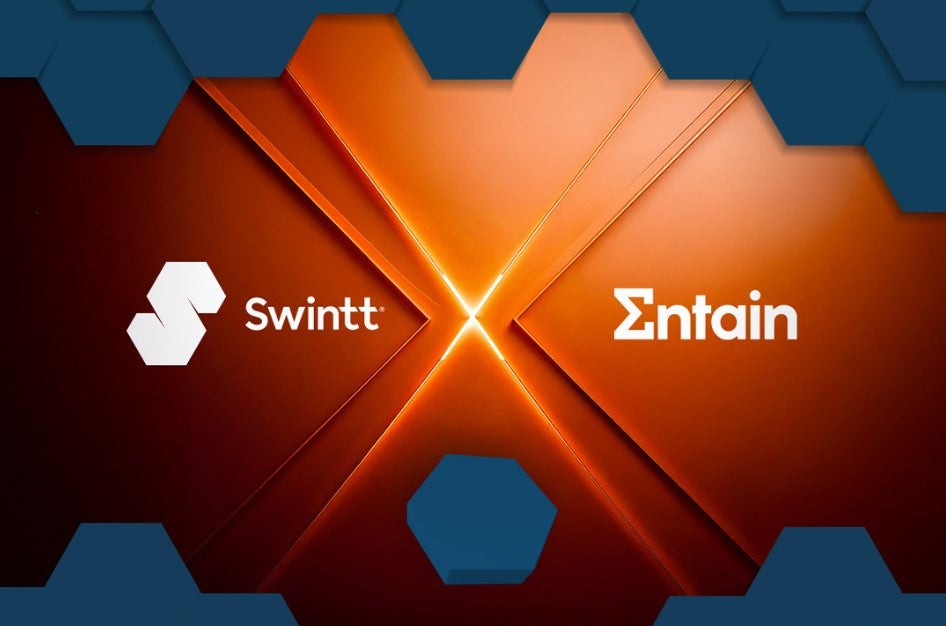


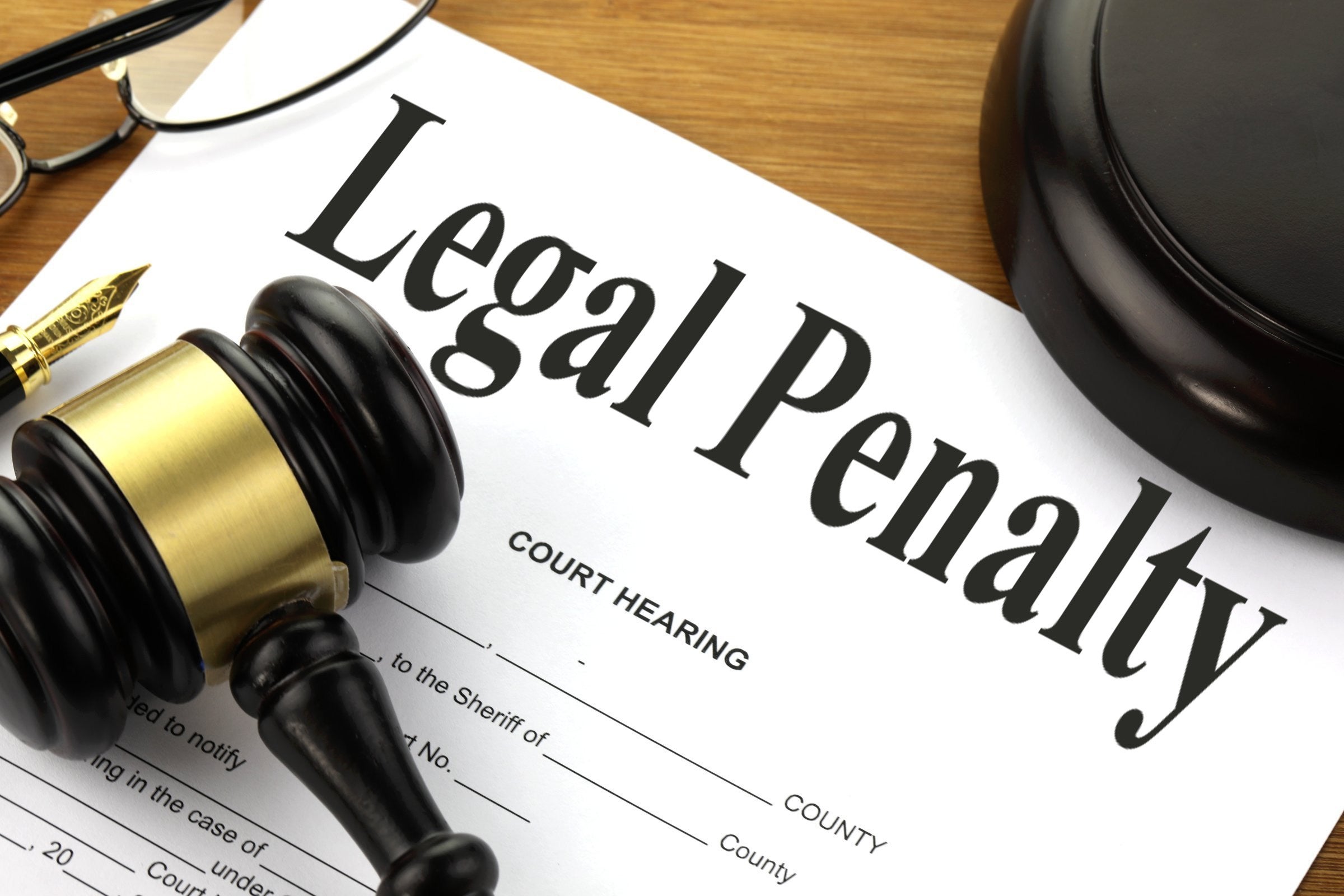



.jpg)









